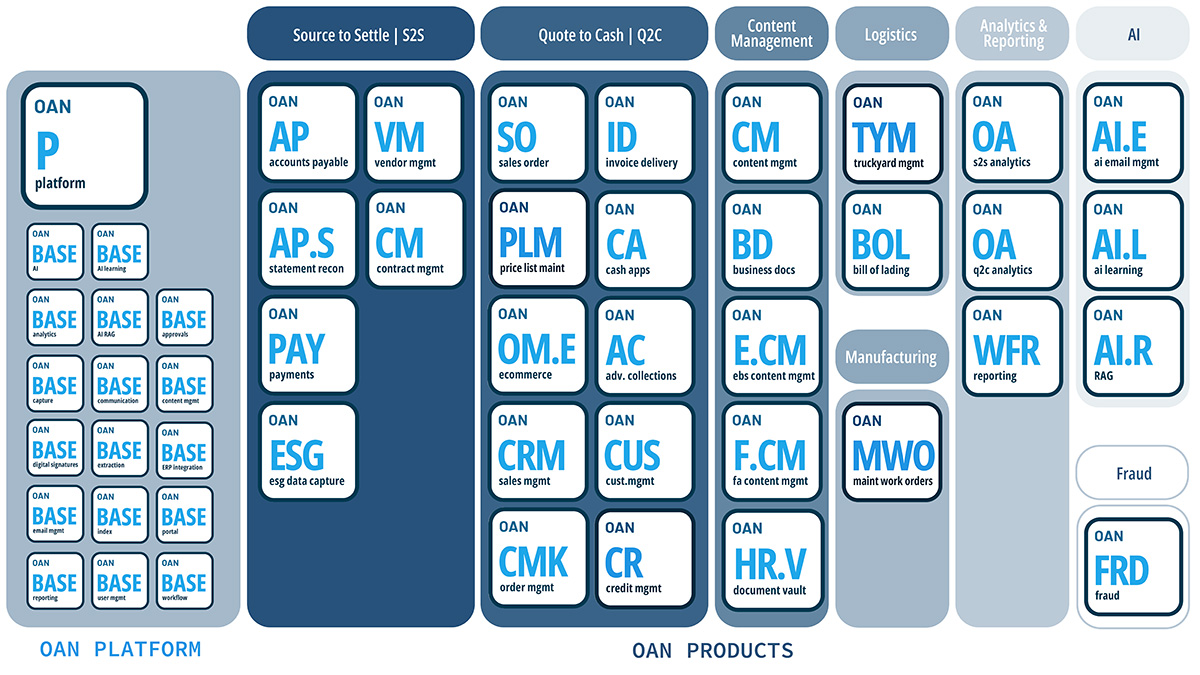[vc_row][vc_column][vc_column_text]Change is always a prospect that is hard for people to harness. AP automation projects can be one such big change that people find hard to settle into. Implementing automation into a manual AP workflow can be hard because of employee resistance and/or lack of support from management.

This article will tell you how you can transit into a digital AP workflow easily and gradually while easing the employees of your business into this workflow.
Build a structure
The change you are trying to bring about shouldn’t be sudden; it should be planned and gradual. If someone asks you why the change is occurring, you should have a solid answer to that. A haphazard shift can cause confusion and chaos among your employees, which is an unfavorable situation. You need to build confidence that the changes that are being brought about are the right way to go, and without it, the company will fall behind. This should also be able to sway the decision of the management to lend you a hand.
Another important factor that you should take into consideration is giving the employees incentives for change. They should not feel like they’re being neglected; it can be a major cause of anxiety among them which should never be the case. You should have the skills to support your claims, though. You should act as an inspiration for your employees through times of change.
Build a case
If you’re taking the initiative to automate the entire AP workflow, you should be well aware of the problems you might face in the entire process. You also need to consider the challenges you are facing in the manual AP workflow and weigh out the pros and cons of shifting it to a digitized workflow. Your desire to improve the efficiency of the entire process shouldn’t go unnoticed in this case. You will need to create a document listing out all these points so that the higher-ups can understand the problem and take the necessary actions to help you out.
You need to make sure that there are shared goals with other departments of your company so that you can get greater support for your ideals. Avoid any discrepancies in your reports and your actions to get better support for automating AP workflow. This leads us to the next step in this endeavor.
Establish a vision and communicate
The next step is establishing a solid vision that everyone can follow and have surety that they’ll achieve something great via this change. The vision shouldn’t just be well established; it should be well communicated with everyone in the company to keep maximum transparency. The reason and the advantage of keeping this transparent attitude will reflect when all the employees get ample time to prepare for the change. This way, no one will be taken by surprise and can experience a harmonious change in the company.
Along with a structured plan, you should also be able to communicate well what your ideas are and how they’ll bring a change for the betterment of the company. This should be able to convince a lot of people as automating workflow can improve the efficiency of your company by a thousand-fold. This communication plan should be perfect for the same reasons. Any flaws can lead to your plan not getting approved.
Bring change in behaviors
The next step is basically a preparation for when the plan has been implemented. You need to train your employees as to how to do the work after the AP workflow has been automated. However, all this training is useless without a real-life scenario to work around. You can have various drills to get people used to the new system. The AP team needs to take charge in such a situation and teach everyone how to operate without disrupting the system that would be set in place. You should promote behaviors that set good examples for other employees and reinforce people to do so.
Sustain that change
Once the plan has been implemented, the AP team must take follow-ups from the employees to make sure that the plan has been implemented well. They should inform the new employees as to how to operate the existing workflow. The AP team should set benchmarks as to how well the AP workflow has been operating.
Conclusion
Automating a workflow is a cumbersome process that can fail at times. But if you follow the process mentioned in this article meticulously, there is a high chance that your plan will succeed and your AP workflow’s efficiency will increase drastically. It’s a risk worth taking and a plan worth elaborating upon if you have the chance to do so.[/vc_column_text][/vc_column][/vc_row]

